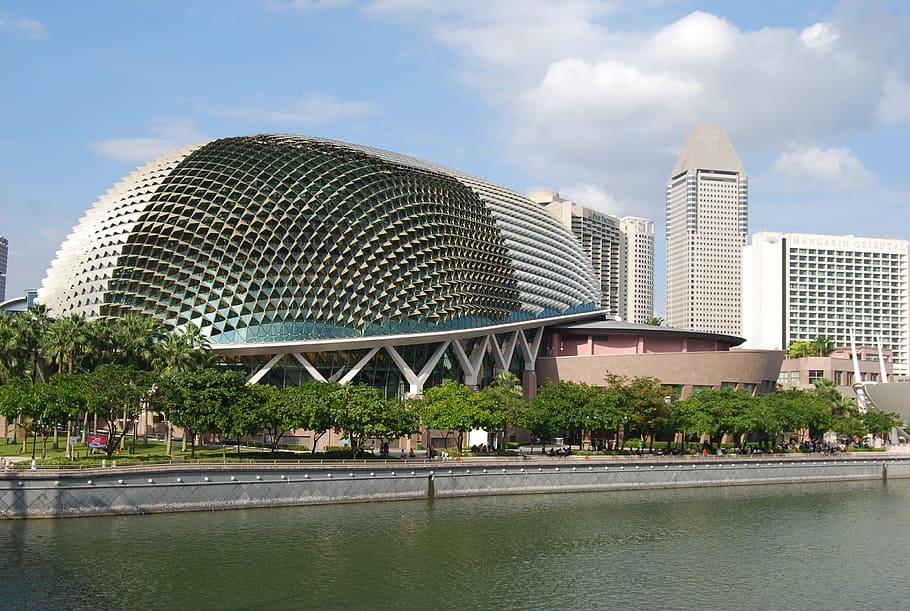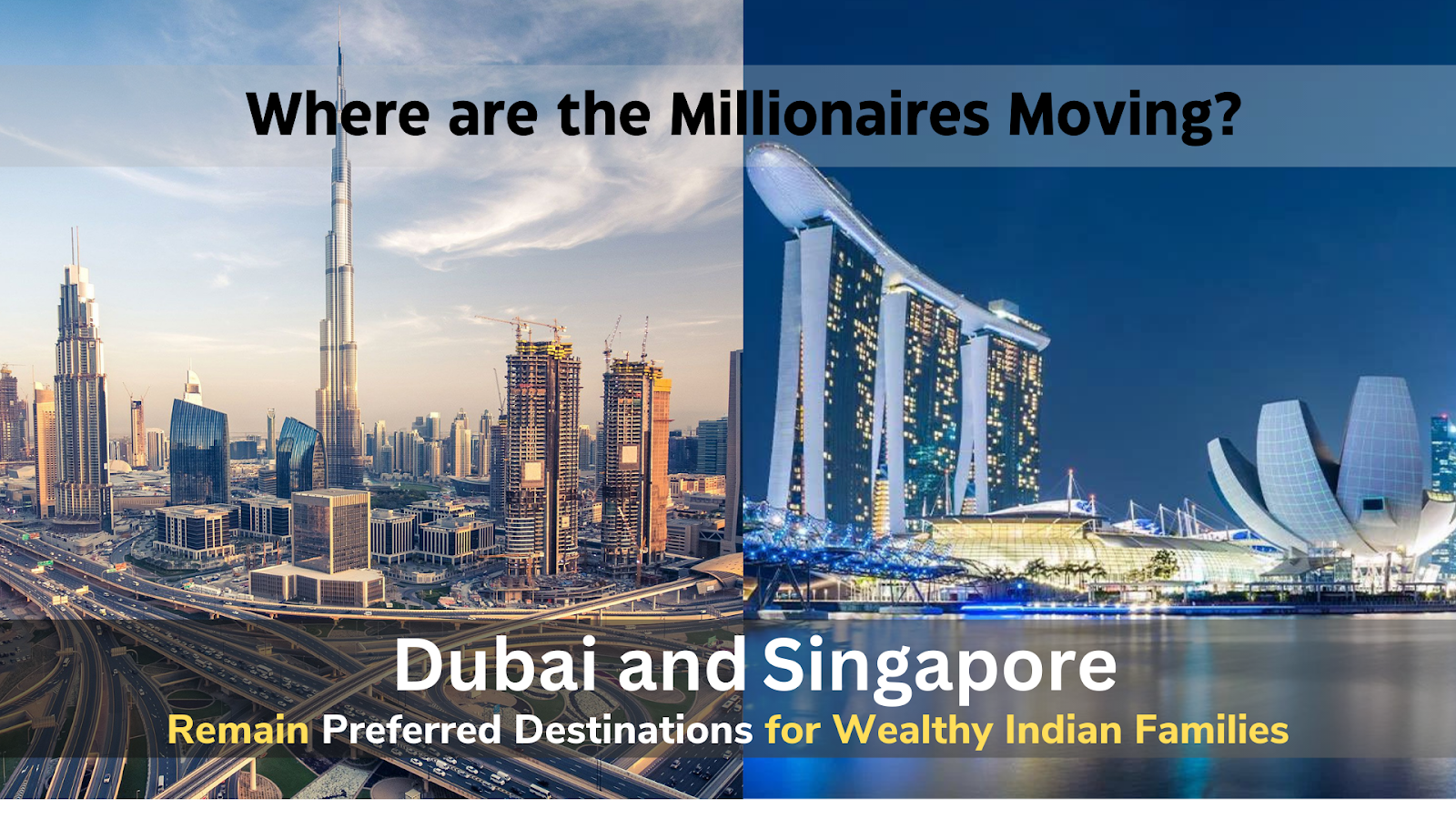Indian millionaires are seeking greener pastures abroad, with Dubai and Singapore emerging as the top choices for wealthy Indian families, according to the Henley Private Wealth Migration Report 2023.
If you’re a millionaire looking to settle somewhere better than your home country, this post is worth reading. Read on..
Exodus of Millionaires:
India is set to witness a significant outflow of high-net-worth individuals (HNWIs) this year, losing an estimated 6,500 millionaires, as reported by the Henley Private Wealth Migration Report 2023. While some may argue that China has fared worse, with over 13,500 HNWIs leaving the country, India still holds the unenviable position of being the second-largest loser.
The United Kingdom will also experience an exodus of more than 3,000 HNWIs. The report defines HNWIs as individuals from the financial sector with an investible surplus of over Rs.5 crore, equating to a base net worth of 1 million USD.
Although India may produce more millionaires than it loses, Andrew Amoils, the head of research at New World Wealth, acknowledges that the exodus raises concerns. He attributes migration to various factors, including prohibitive tax legislation and complex regulations on outward remittances.

Preferred Destinations for Indian Millionaires:
Dubai, often referred to as the “fifth city of India,” and Singapore has emerged as the top destination for wealthy Indian families seeking to migrate, according to the Henley Private Wealth Migration Report. Dubai’s global investor Golden Visa program, favorable tax environment, and robust business ecosystem are the main attractions for Indian millionaires.
Australia, UAE, and Singapore Lead the Way:
The report suggests that private wealth migration trends will revert to pre-Covid patterns in 2023, with Australia leading in net HNWI inflows.
The country’s points-based immigration system, favoring wealthy individuals and professionals with specific qualifications, attracted approximately 82,000 HNWIs between 2002 and 2022. The availability of wide open spaces, safety and security, a first-class healthcare system, and excellent educational opportunities contribute to Australia’s appeal.
Investment Migration Programs and Residence Rights:
The report highlights that nine of the top ten countries with the highest estimated net HNWI inflows in 2023 offer investment migration programs, granting residence rights in exchange for foreign direct investment (FDI).
Confidence, Security, and Diversification:
Dr. Juerg Steffen, the CEO of Henley & Partners, notes that the outflow of HNWIs indicates a loss of confidence in a country. High- and ultra-high-net-worth individuals are often the first to exit and vote with their feet when circumstances deteriorate.
Increased security, political and economic risks, and volatility prompt the wealthy to seek optionality and put down roots in countries where their capital can be protected for generations.

According to the Henley Private Wealth Migration Report 2023, over 122,000 millionaires will migrate across the world by the end of this year, and a further 128,000 are anticipated to do the same by the end of 2024. The paper clarifies how private wealth is distributed across various nations and areas, demonstrating how it is unevenly distributed globally.
It’s crucial to remember that even though India may be losing a lot of millionaires, the nation is still producing money because of its emphasis on economic development across a range of industries, such as infrastructure improvement and the growth of technology startups.
Projections suggest an 80% increase in India’s HNWI population by 2031.
Conclusion:
In conclusion, as India experiences an outflow of millionaires, Dubai and Singapore have become preferred destinations for wealthy Indian families seeking new opportunities abroad.
The migration patterns reflect a desire for favorable tax environments, robust business ecosystems, and the search for countries that offer security, quality of life, and long-term wealth preservation. As HNWIs diversify their domicile portfolios, they contribute to the redistribution of global private wealth.








Leave A Comment